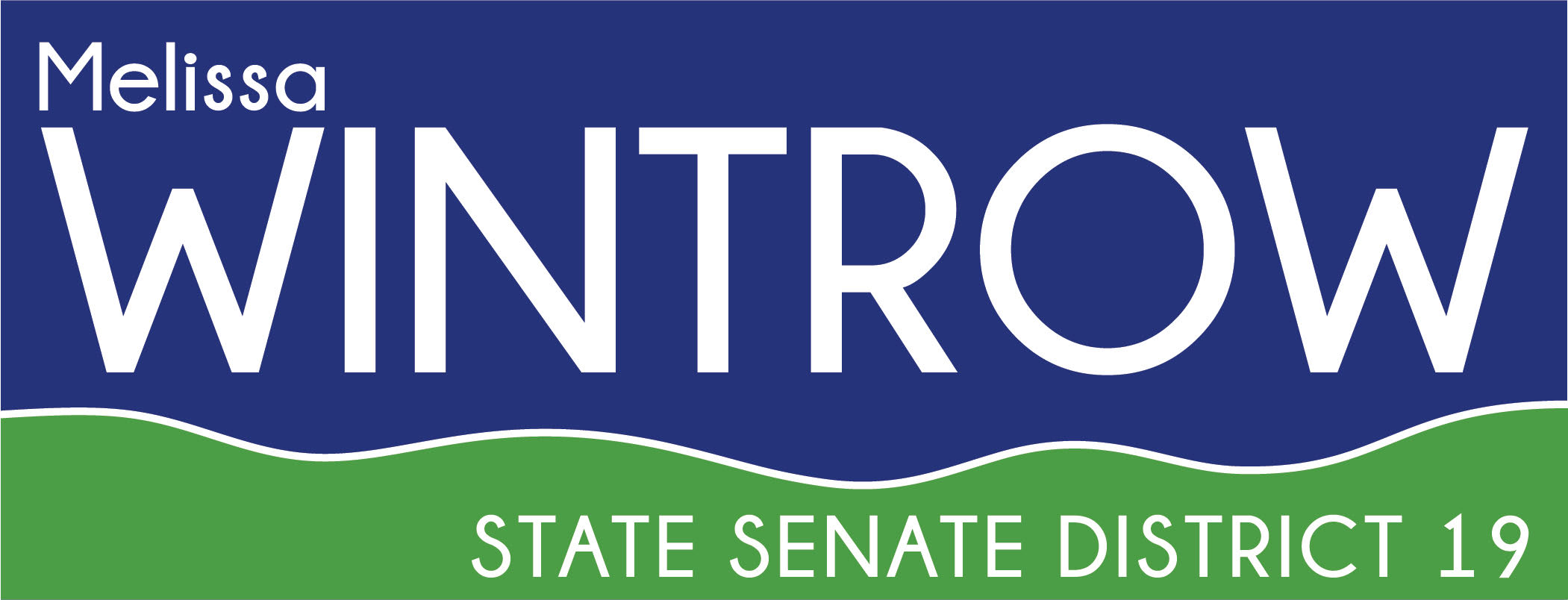I was honored to serve as a facilitator at the Civility Summit hosted to the Boise City Club in early August where elected officials, press, and civic leaders gathered to discuss ways to reduce negative rhetoric and embrace civility in our state. Boise City Club has been working with the National Institute for Civil Discourse to create more opportunities throughout the year to Revive Civility to work toward constructive change in our state.
NICD is inviting you to get involved through a fun citizen engagement project called TEXT, TALK, REVIVE CIVILITY. Just gather a few friends, pull out your cell phone, and text CIVILITY to 89800. Your group will then receive a series of text messages that will guide you through a conversation on civility: what it is, what it means to your group, and how we can revive civility in our politics and everyday lives.
This is a great resource for civic groups, book clubs, teachers, and students.
What is civil discourse? My two cents…
Civility is more than being polite in conversation or using respectful decorum. According to James Calvin Davis, in his book In Defense of Civility, he proposes that civility is “the exercise of patience, integrity, humility and mutual respect in civil conversation, even (or especially) with those with whom we disagree” (2010).
I am finding that constituents in District 19 are frustrated with our state government, feeling as though not all voices are being listened to or considered with mutual respect. A large part of civility is ensuring that democratic systems allow for the introduction of all relevant ideas for consideration, not just the ideas that are supported by the majority. Frustration seems to be growing; I continue to hear many Idahoans complaining about a lack of willingness on the part of the state to collaborate and support local entities and listen to the special needs of each community. I hear consistent concern that not all ideas are getting a fair hearing.
I have typically found people to be polite, using “please” and “thank you,” but civility is more than that. Many citizens are questioning the rules of the legislature and wondering if they are constructed to truly encourage civil discourse that includes rules and procedures to allow for the majority and minority opinions to be heard.
I believe in civility, because true civility encompasses civil disobedience and passionate debate about an idea without being silenced. Civility is about denouncing verbal and physical violence and embracing a human and humane way to solve problems. Engaging in civility means understanding how social structures and power impact discourse. It is my belief that those in power have the duty to frequently question how power is impacting people, and to initiate discourse, to solicit feedback and information, and to listen. We must all strive to listen and learn and passionately debate ideas honestly and with integrity, but if power is out of balance and the majority does not allow for this space, an uncivil environment may ensue. If citizen frustrations are not listened to and people do not feel as though the system is treating them fairly, incivility will more likely ensue.
I believe in civility and I will continue to fight to have all ideas heard and all ideas considered. I will strive to exercise patience, integrity, humility and mutual respect in conversation and decisions.
